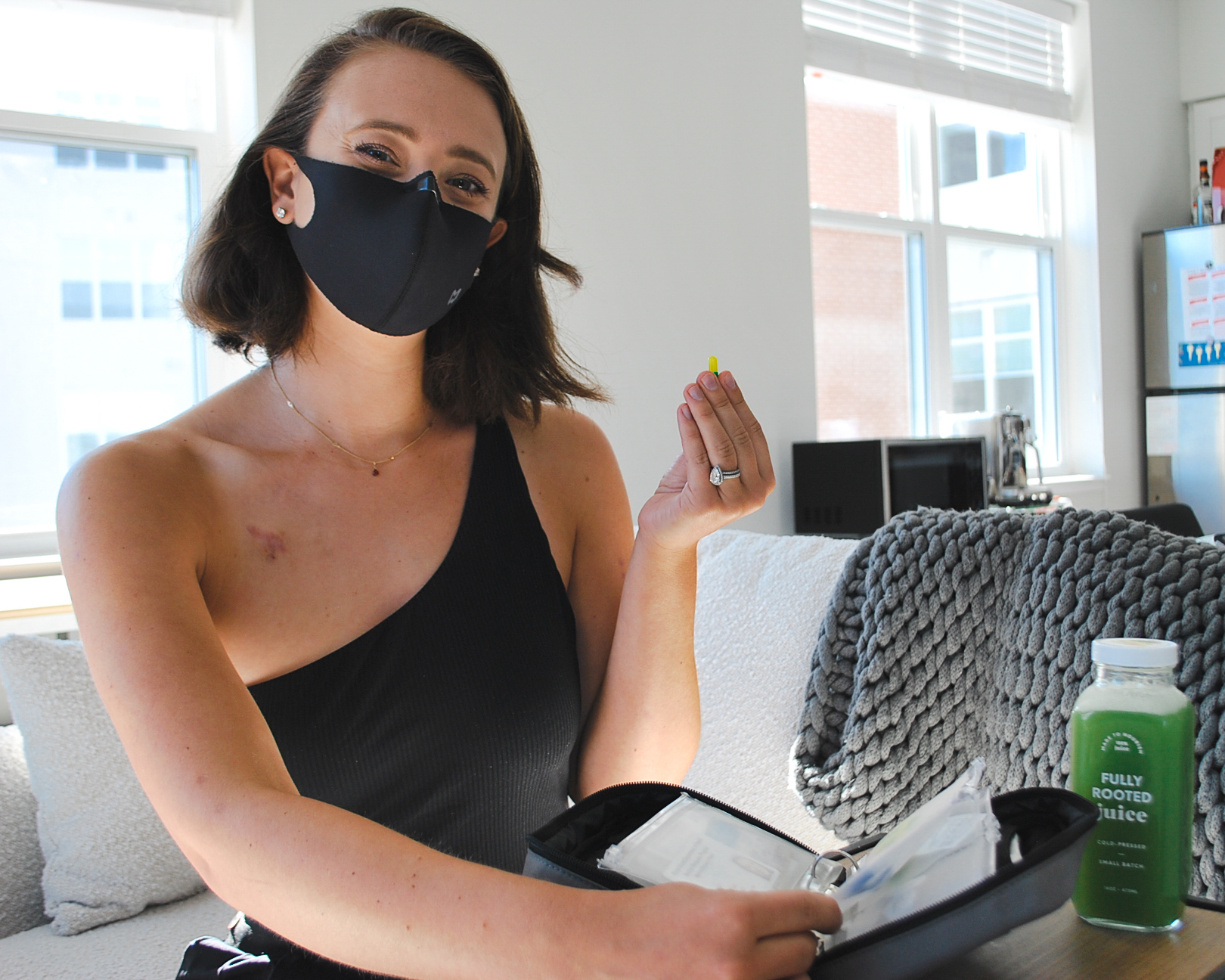Last week, I wrote about the many practices, therapies, and medications that I consider “treatments.” While I believe in everything I included, I felt (to quote Clueless) an overwhelming sense of ickiness. I sat with it for a few days and came to the realization that I have a lot of emotions and baggage attached to some of the very treatments that have made such a difference in my health.
The thing is, as a young and “healthy-looking” woman with chronic illness, I have dealt with years of people telling me that I just needed to make some lifestyle changes. “Just eat a little more turmeric – it’ll fix your chronic pain!” “Have you tried meditation? It did wonders for my stress headaches!” “Consider exercising more – you’re probably just deconditioned.”
Even writing this out now makes my blood boil a bit. My pain comes from a connective tissue disorder, so no, turmeric won’t fix it. My symptoms are not just from stress, so they won’t magically disappear with meditation. And no, I am not just deconditioned. In fact, this push to rehabilitate folks with conditions like long Covid and ME/CFS through graded exercise has actually proven counterproductive, if not dangerous. This advice, when offered by well-meaning yet ill-informed abled and healthy folks makes me feel utterly misunderstood, if not invisible.
So… did I just do the same to all of you?
My dear Friends in the Fight, please know that I see every bit of the nuances to your illness and disability. I know how individual and personal this all is. I believe you, and know that you know your body better than anyone. And I also know that, after years of resisting the onslaught of advice, I have found some of those simple lifestyle changes to be helpful.
Not magical cures, no. Not proof that I was just out of shape, just anxious, or not really sick. But somewhat helpful.
I think it’s important to wrestle with these contradictions and nuances. As sick people in an ableist world, we have to deal with a lot of unhelpful (if not harmful) messaging. We get so used to resisting it that sometimes we shut ourselves off to genuine care and help. After traumatizing doctor visits, we approach the next provider we see with cold skepticism. After feeling betrayed by support system dry spells, we close ourselves off to the next person who loves us and wants to step up.
Consider this a gentle reminder to give yourself space for both. Doctors can be harmful, and they can be wonderful. Exercise may not be the answer, but movement can help many physical symptoms and improve mental health. Your weight is not the only factor in your health, but tweaking what you eat can help with healing and lower inflammation. Your illness is not simply psychosomatic, but cutting out unnecessary stressors might take the edge off your symptoms.
Here’s to detaching shame and stigma from the lifestyle changes that could make a difference!

